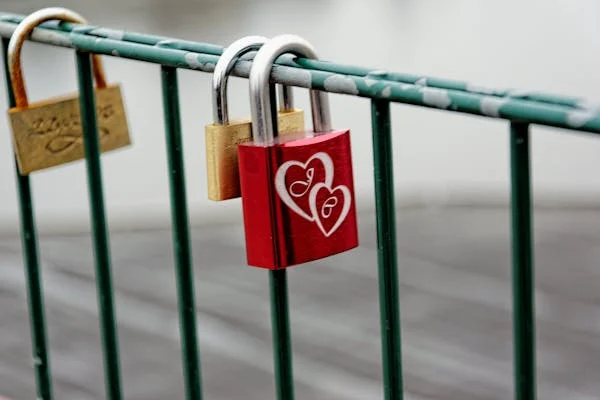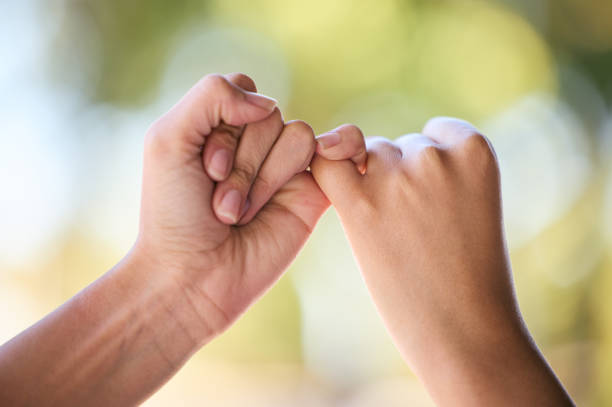Table of contents
- ritual
- commitment
- symbol of loyalty
- form of coercion
Blood oaths have long been seen as an expression of trust and loyalty between two parties, yet can sometimes become coercive measures. If you find yourself involved with someone who swears a blood covenant, seek professional assistance immediately and establish boundaries.
There are other ways of showing commitment, such as writing declarations. Written declarations tend to be more meaningful and may protect both parties involved from being hurt in the future.
It is a ritual
An Oath of Blood is an elaborate ceremony in which two parties swear their loyalty to one another by using each other’s blood as a seal, usually used for love or vengeance, usually with sacrifice taking place to seal it all together. Although taking an oath like this may sound appealing, it should never be taken lightly as it can prove extremely risky in life.
People once swore blood oaths to establish unbreakable bonds of loyalty between people. This practice was widespread in Mesopotamia, Greece and Rome but should be remembered that human relationships can become complex over time; even taking an oath made on blood may not protect against betrayal or irreparable harm.
Though blood oaths carry risks, they can be an impressive symbol of devotion and commitment. Once practiced widely in ancient and medieval societies, today they continue as part of some cultures’ customs. No matter your belief about blood oaths’ power or lack thereof, when entering such serious commitments you should always seek support – this could come from friends, family members or organizations dedicated to supporting individuals in abusive or coercive relationships.
Some couples pierce their thumbs to symbolically combine their blood together as an act of making an oath to each other, with others licking each other’s blood in a seal-off ritual. Vows may include never leaving one another behind or cheating; sometimes if breaking promises causes one party to break their promises they may place a curse upon themselves such as madness or even barrenness.
No matter its form, blood oaths are almost impossible to break. Doing so requires immense amounts of trust and respect – not to mention potential physical and psychological harm to all involved parties involved.

It is a commitment
Blood oaths are symbolic acts of commitment and loyalty that serve to symbolize an unbreakable bond. The ritual usually used at marriages or other significant life events involves cutting oneself and sharing blood from wounds as part of its symbolism; cutting can symbolizes vows not easily broken. These pledges should not be entered into lightly; be sure to carefully consider all potential outcomes prior to taking an oath that could force or coerce you to participate, seeking support if required or coerced into taking such an agreement voluntarily or against your wishes if forced or coerced into taking an oath against your will.
Making promises through blood is an ancient and deeply spiritual practice. Blood provides our vital energy source and sustains life; using it to seal promises is therefore taken very seriously and binding until death occurs.
Some lovers who are deeply in love decide to seal their relationships by creating a blood covenant. This ritual involves cutting a part of their body (typically their thumb) in order to release blood, and then licking each other’s blood before taking vows pledging not to end or abandon their relationship under any circumstance or pledge their devotion until death separates them.
Blood covenants should generally be avoided as they can be dangerous and lead to the transmission of diseases like HIV and Hepatitis. Furthermore, they can be emotionally traumatizing for participants involved and have lasting repercussions for them and those around them.
As many partners are young and may not fully comprehend the consequences of their actions, making a blood covenant should only be done after careful deliberation and consultation between both parties involved. It is wise to seek professional counseling or therapy prior to engaging in this ritual as this may help identify solutions tailored specifically for you and make informed decisions that work in your favor.
It is a symbol of loyalty
Blood oaths are considered sacred because they represent an unbreakable promise that cannot be broken. Most often, this promise comes with an exchange of blood between parties as part of its ceremony; this ritual helps strengthen relationships and represents loyalty, trust and commitment among individuals involved. Before making one yourself, it’s wise to fully consider its consequences before entering into one.
Oaths can be taken seriously, yet keeping promises can often prove challenging. Human relationships are complex and their circumstances may shift quickly – for instance, being coerced into signing without their knowledge; the death of someone close can alter its course radically.
Blood covenants have long been used in traditional societies to form unbreakable bonds between lovers and friends. Oaths made using blood seal tattoos symbolize eternal life and death oaths if broken; any violation may bring about severe punishment from Allah.
Although blood covenants aren’t recommended, some individuals still engage in them to ensure loyalty between themselves and their significant others, or prevent heartbreak later. Blood covenants can create trust between partners; however they shouldn’t be considered by people who truly love one another.
Blood covenants were once common among Nigerian youths and nearly-married couples or lovers, as communication tools such as phones were scarce – they used blood oaths as the only way to ensure that loved ones remained faithful during times of hardship when living far-off places required them.
Pierce their thumbs and either mix their blood together or drink from their partner, swearing an oath to never leave one another behind and never cheat. Some couples would go as far as making promises that whoever cheats will become mad, barren or impotent – creating powerful promises of eternal commitment between partners.
It is a form of coercion
Blood oaths are considered solemn and binding commitments that signify unbreakable bonds between people. They often serve as symbols of deep loyalty, trust, and dedication – yet before taking part in such rituals it’s essential to consider carefully their meaning for you as an individual. Likewise, you should reflect upon one’s beliefs, values, and understanding of commitment before promising anything or taking symbolic acts within any relationship.
People swear oaths for various reasons, with most being used as coercive measures against their partners or children if making these promises is used as a form of control over them.
Blood oaths are among the most frequently made oaths, often made with witnesses present as witnesses are held responsible for upholding it. A person swearing a blood oath promises not to leave or break up with their partner until death separates them – usually until then! They should be taken very seriously by all who participate.
Breaking a blood oath is illegal and potentially lethal; in many cultures, breaking this vow may even result in one’s death.
Some couples deeply in love may decide to seal their relationships by swearing blood covenants as an ancient ritual and believe this can protect them from external interference and interference from outside sources. Furthermore, these vows can bring luck.
Oaths can be useful tools in verifying assertions; however, they must not be overused or misused. Oaths may also be misleading and cause unnecessary harm if not carefully considered before agreeing to one. Therefore it’s wise to carefully consider any implications before agreeing to one; if unsure what action are best, seeking help from a counselor or another trusted individual who can explain your options and ensure you don’t end up forced into making one against your will.


